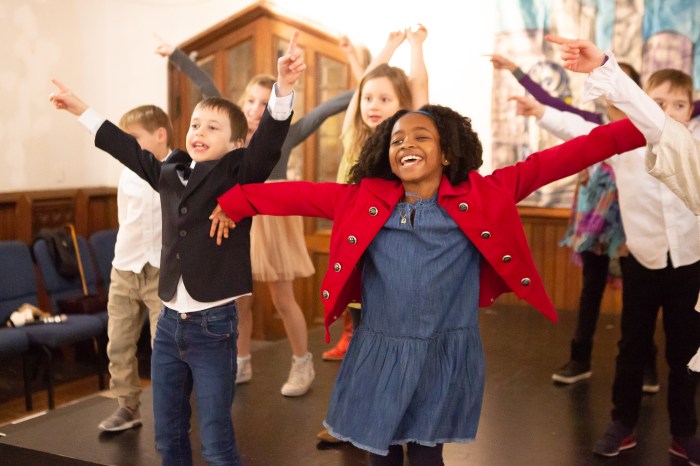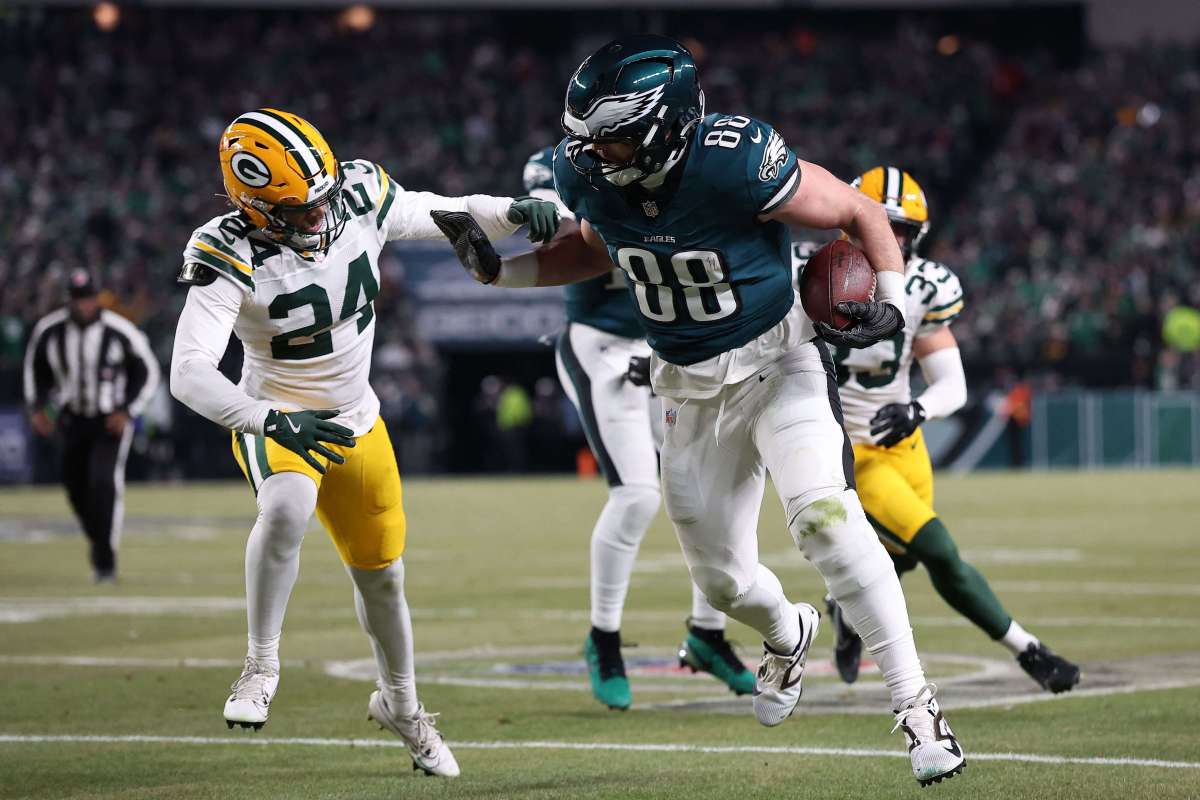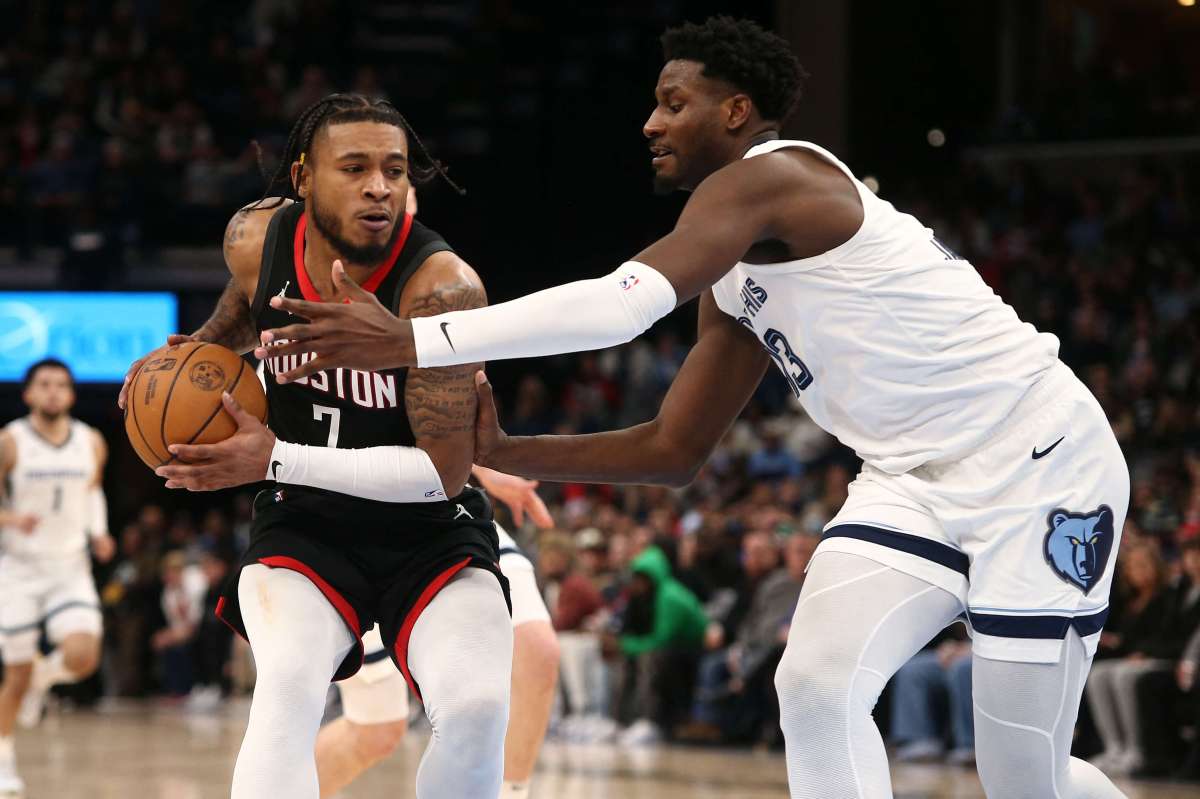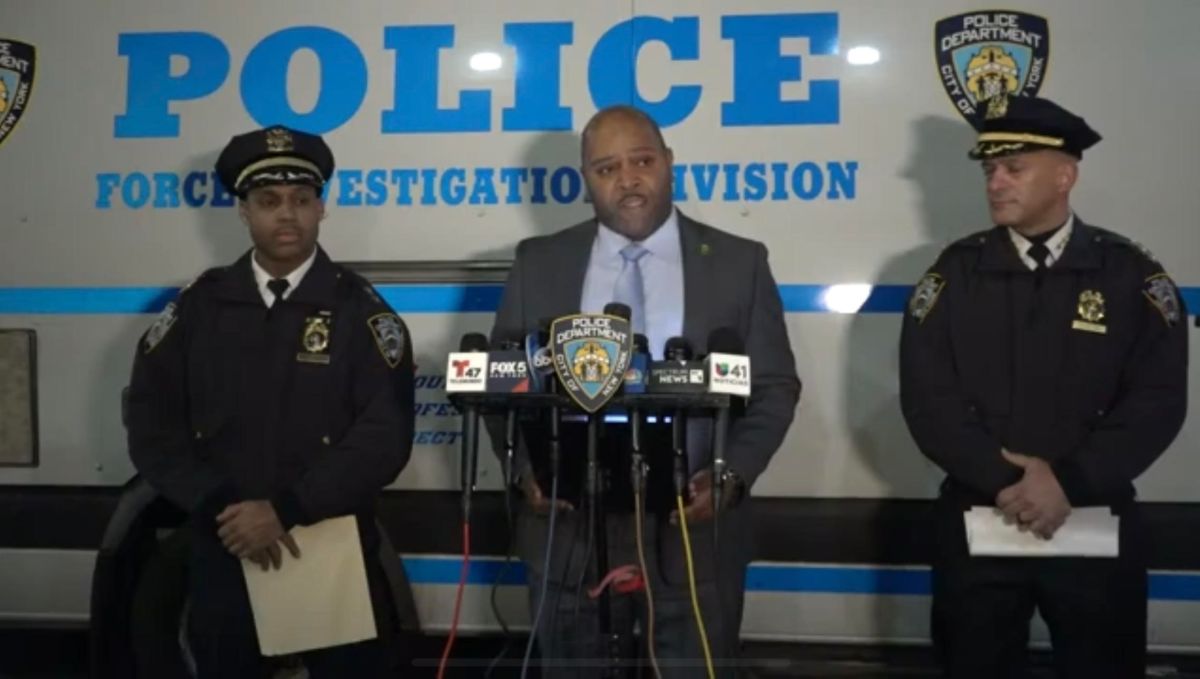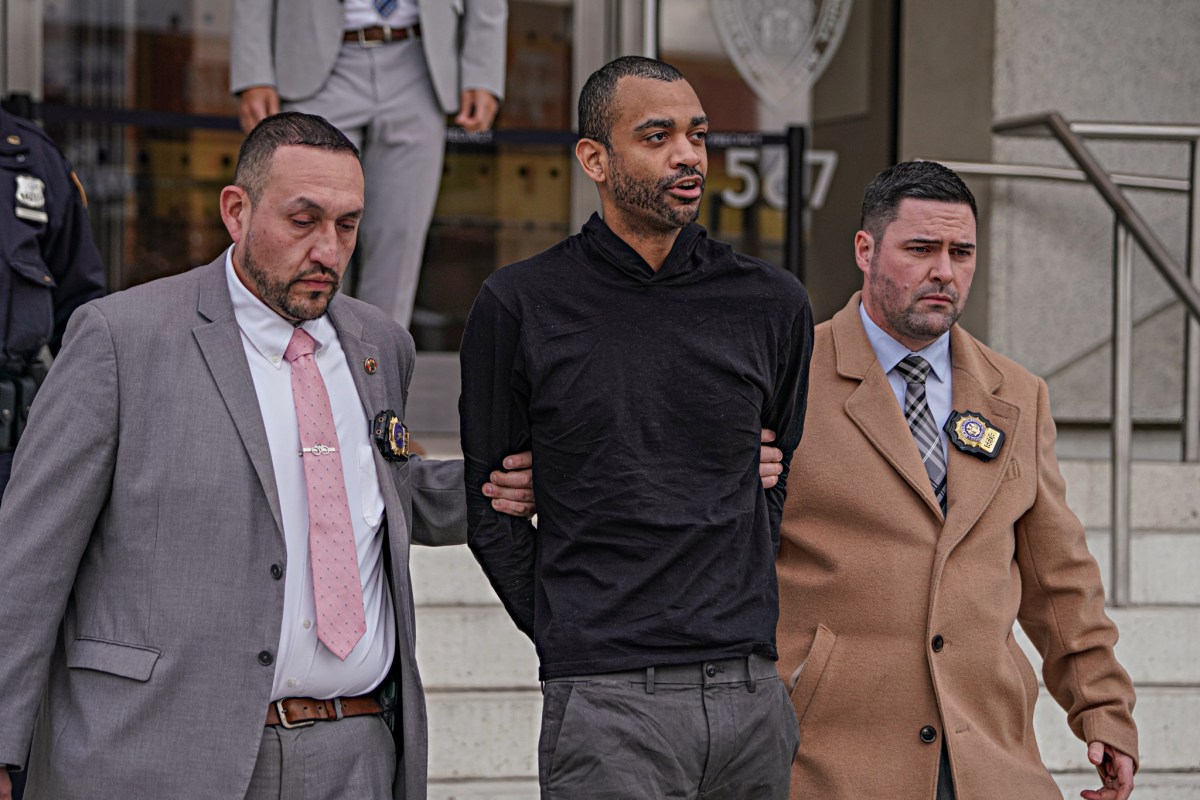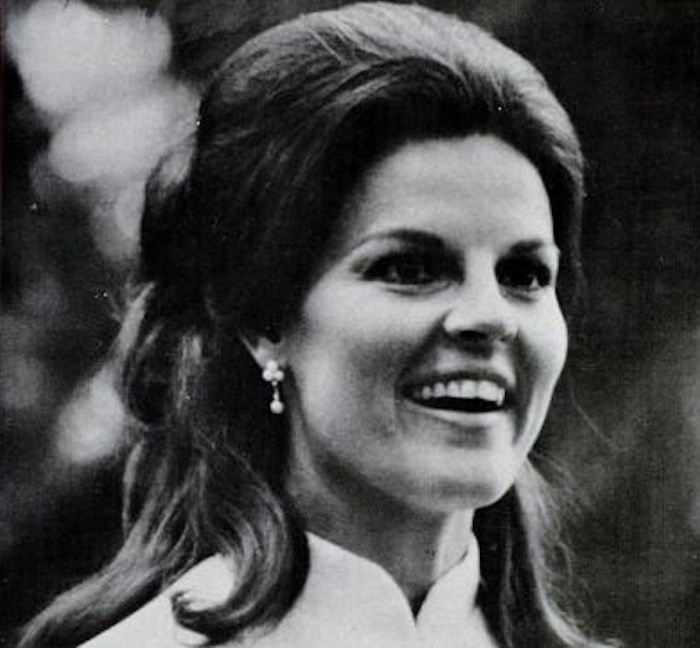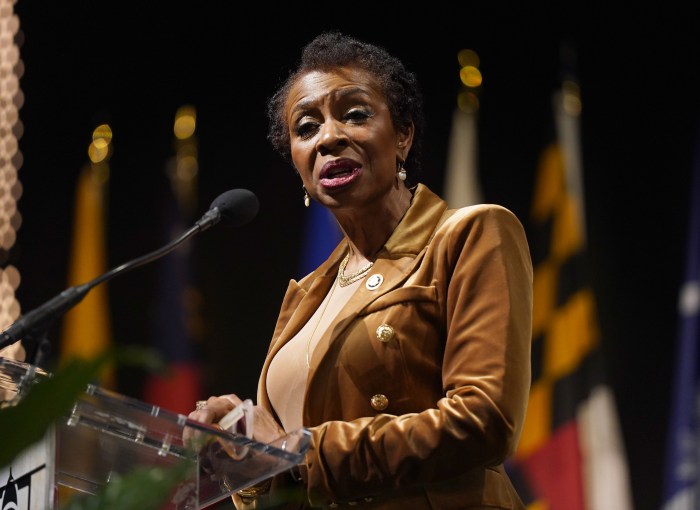Rose McGowan is now a director. That doesn’t mean the actress of “Scream,” “The Doom Generation,” and “Charmed” will no longer act; as of now she has five gigs lined up. But she says she feels more at home directing, especially given the raves that have come in for her debut short, “Dawn.” The succinct, sinister drama tells of a young, over-protected girl (Tara Lynn Barr) in 1961 who sneaks with a possibly dangerous boy. The film, which premiered at Sundance, can now be watched on YouTube. Meanwhile, McGowan preps for her feature directing debut, “The Pines.” You still have acting jobs coming up, but do you feel you have less passion for acting, especially now that you’re directing?
The thing is I never did. I just happened to be good at it. I would get to sets and think, “What happened? I’m in the wrong world.” It’s like when you read a book and then you see how it’s been made on the screen and it’s completely odd to you because that’s not how at all how you saw it. That’s how almost every experience is like to me. I have a very active brain that needs constant data an emotion. And I was dying. It’s interesting that you broke through with a short, not a feature.
I didn’t set out to make a short film. I set out to make a story. It just happened to be 19 minutes.
Short films haven’t always been easy to market, but right now, with streaming services, it’s easier than ever to get shorts seen.
To be honest when we did it, it didn’t occur to me that anybody would see it. I just had to do it. It just didn’t occur to me. I do that with the thing I’ve acted in; it didn’t occur to me to for me to even go see it. It was just a thing I did one time and let’s move on. But this is actually my voice. It’s nice to be heard. Do you find it easy to raise funds for your work, including the feature you’re working on?
Well, I bring a lot of added value. I’m talking actual foreign territories I have actual legit value — that thing were you have strong holds in parts of the world for financing, because of my work. I’m in a different position than other filmmakers, because I bring added value. Have you been the type of actor who bugs directors to see how they did it?
No, I watched. I didn’t learn from them what to do; I learned what not to do.
There’s that Robert Altman quote that the directors he learned the most from were the ones who were bad, not the ones who were great.
Yes, exactly. The directors I liked and respected, they had their own thing. I’m not going to copy it. That’s silly. On days I wasn’t acting I would work with the gaffers, I would work with the art department. I did the production design on “Dawn.” I have a film education that is second to none. I’ve spent over 57,000 hours on set. You can’t really f—with me. I know film, from getting them financed to getting them on the cover of Rolling Stone. I know it in a way better than pretty much anyone who’s just gone to film school. And I’ve studied film, classic film, since I was four, with my father. So I have that, in addition to studying art and literature. My editing style for “Dawn” I took from how Hemingway wrote his novels. How else did you find the directing job, especially the parts that aren’t just you on set bossing people around?
It’s a little more intense than just being on set and bossing people around. It’s not quite that reductive. I’m very careful with pre-production. Every shot is planned out. With this it wasn’t on the fly. It depends on what you’re shooting. “Dawn” is very hyper-stylized. I needed it to be that way to say what I wanted it to say. I took the visual cues and the color palate from “The Parent Trap,” the original, which is one of my all-time favorite films. It’s actually a flawless film, from top to bottom. It just happens to be a Disney film. There’s a lot of tension in the film, and part of that comes from how it’s not clear what kind of movie it’s going to turn into.
I wanted the tension of “Night of the Hunter.” That movie is so stressful, so amazing. I wanted it to feel like a galloping horse running away. And that’s how I approached the editing style, the pacing. I wanted every frame to feel like you could hold it still and it could tell its own story. And it throws people off. The last scene is very patient and uneasy even before it ramps up the tension.
It’s OK to make the audience uncomfortable. I don’t think people do that enough. It’s OK to make the audience work. I love movies where I have to do some work. I love books where I have to do some work. I love art where I have to look at it and fully engage. I don’t want it handed to me. In my work I want someone to have to rise up to meet me. Someone told you they threw up after watching it. Was that about how intense the last scene is?
It also affects women who were in that era greatly. There was a woman who saw it and she called me, crying, because that was her life. It’s what we do to girls and women without even realizing it — these tiny things we say. You open a magazine and it says “How to be on a date,” and it’s by a little guy in a closet giving you advice. And it f—s you up. We’re sending girls into the world, still, largely unprotected and in ways meant to subvert their own survival instinct. So what happens when you’re a lamb with your hands tied and you meet a wolf? What happens? A friend of mine was assaulted. It was a neighbor who wanted to carry her groceries. She got a creepy feeling from him. He said, “Let me carry your groceries for you.” She said, “No, that’s OK.” He said, “Why don’t you stop being such a feminist and let me carry your groceries.” And then he raped her. There seems to be a greater awareness now of the discrimination of women and how it comes from all angles. Do you feel awareness is leading to it getting at all better?
It’s how it seems with police brutality of African Americans. We’re just seeing it now. It’s always been there. I can tell you all the stuff that has been said to me that I have to do. Insane, some of them. People have said to me, “You have to grow your hair longer so the men in this town want to f— you. That’s the only way they’ll hire you.” Basic information like that, said by a woman. You went viral the other day for a tweet where you mentioned a script note you got for an Adam Sandler script that noted actresses should have ostentatious cleavage, or at least wear a push-up bra. That was an accident. I didn’t think of it going viral. But that wasn’t the part that was offensive to me. That part’s just pathetic and stupid. Of course some chick going for an Adam Sandler movie will get that. It’s just redundant and it’s old fashioned and embarrassing — more than anything it’s just embarrassing. But the part that made me laugh out loud is where they’re like “Make sure you read the script so you understand the context of the scene.” It’s an Adam Sandler film! That’s the part where you realize they think so little of the people coming in. I’m a pretty progressive sort, so to say I’m from Hollywood is sometimes cringeworthy. I want it to be better because it can be. It’s this old, old system that’s just tired. We’re putting out the number one export. We need to be smarter about it. Do you feel uneasy being on social media, especially when you’re sometimes attacked for what you say?
There’s days when people are mad at me for this, that and the other. I don’t even check those days. There was a Ted Cruz thing recently that people got upset over, which I thought was hilarious. They were like, “You’re anti-Hispanic.” I was engaged to a Mexican for 5 ½ years [ed. the filmmaker Robert Rodriguez]. Also, somehow the fact that Ted Cruz is Hispanic was entirely lost on me. He just looks like a creepy white dude. Even though it can be truly unpleasant, Twitter can also be used for good.
Of all people, it was Ashton Kutcher who said Twitter is actually the only voice that well-known people have that is purely theirs, for better or worse — sometimes for worse, but sometimes for better. Believe me, I’ve put things on Twitter where I was like, “Oh, I should have waited for that one. Too late now! Oh well!” [Laughs] But if someone slams me or writes something false about me or anybody else or about something I care about, if you’re verified you can go to the media outlets with what you say. What you say actually gets disseminated. That’s important. For a long time we only had publicists trying to get retractions on page 46. It’s different now. It was Ashton Kutcher who pointed out that I need a voice. Given how the number and diversity of films you’ve done, you surely have learned a ton of skill sets. Do any of them stick around?
I can wield a sword pretty well. I’ve had fight training. I can pull an ear off with three pounds of pressure.
How do you do that? You just pull.
Next time I need to pull an ear off I will keep that in mind.
And it’s only three pounds to snap an Achilles tendon from behind, so go for it.
Rose McGowan talks directing, feminism, going viral
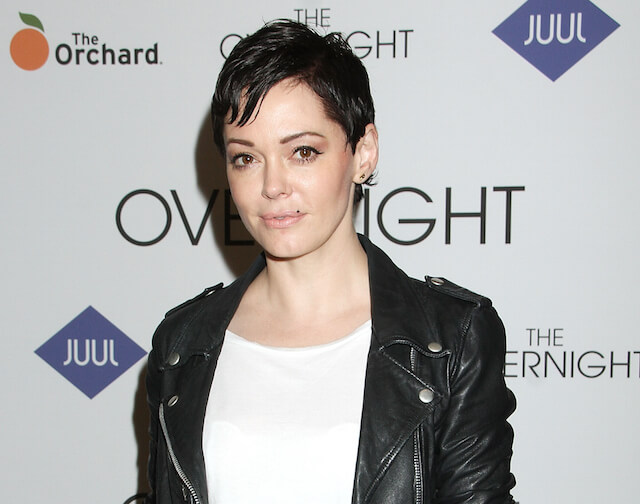
Getty Images
Follow Matt Prigge on Twitter @mattprigge





